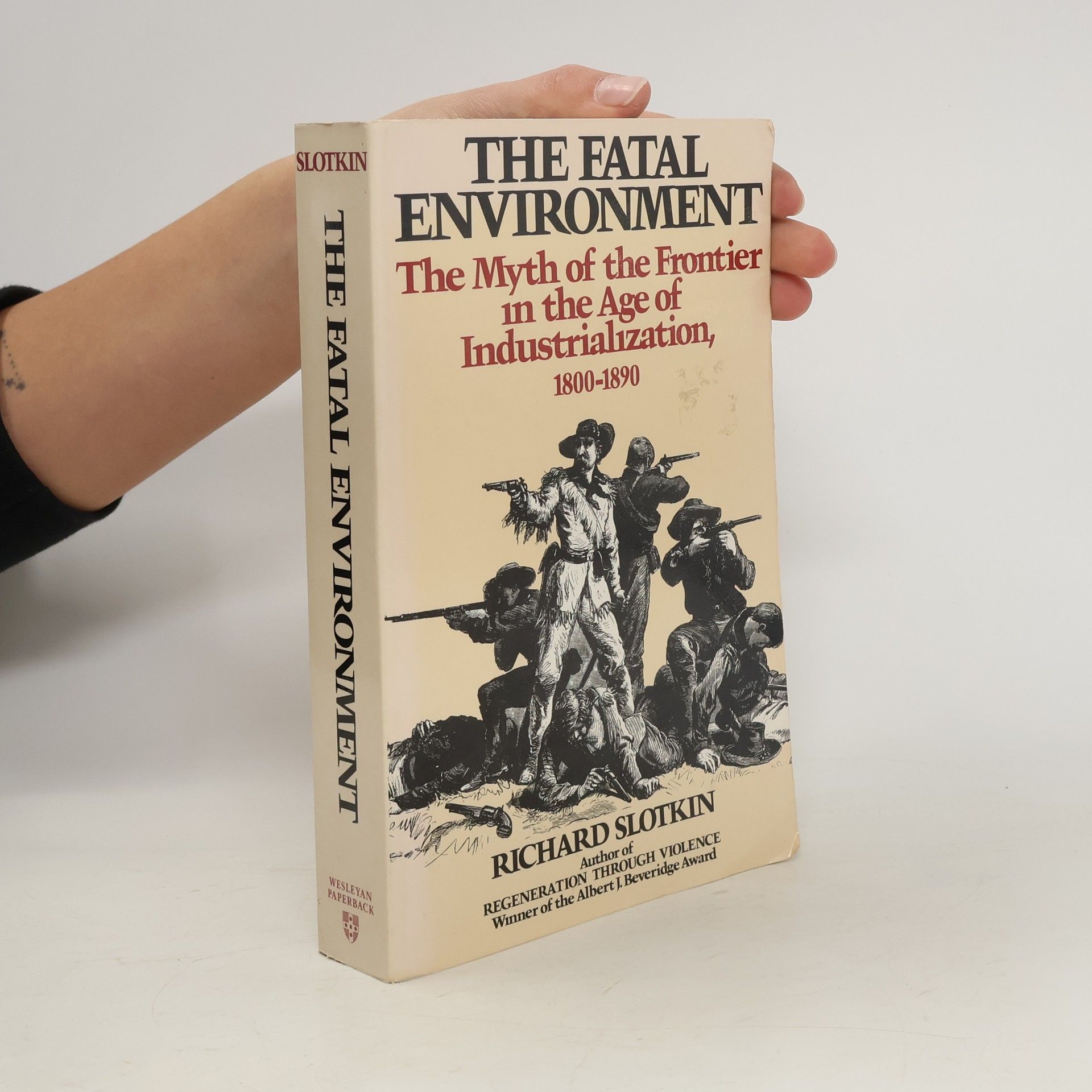Regeneration Through Violence
The Mythology of the American Frontier, 1600-1860
- 684 stránek
- 24 hodin čtení
Exploring the evolution of American cultural attitudes, Richard Slotkin examines how European settlers' anxieties influenced their mythology in the American West. Through an analysis of popular literature from the seventeenth to early nineteenth centuries, including captivity narratives and works by notable authors like Hawthorne and Melville, the book reveals how these narratives reflect the settlers' struggles to claim land and displace Native Americans, ultimately shaping the American identity.

